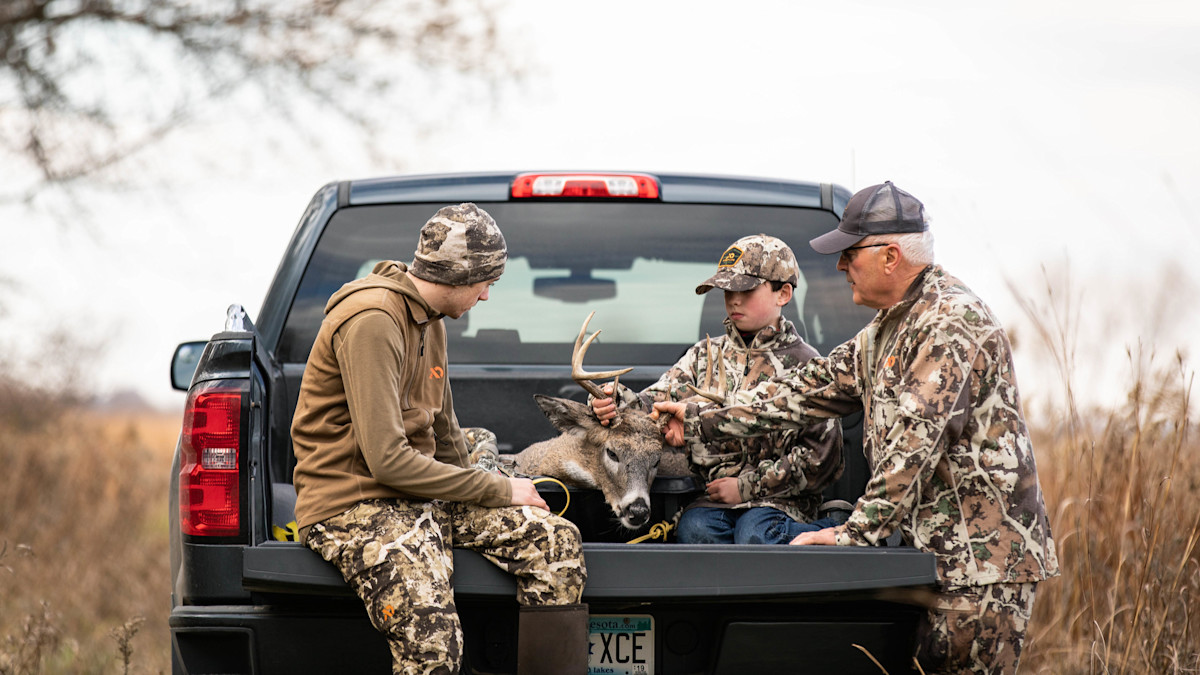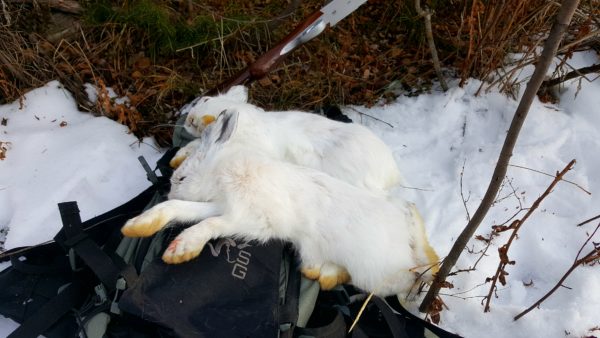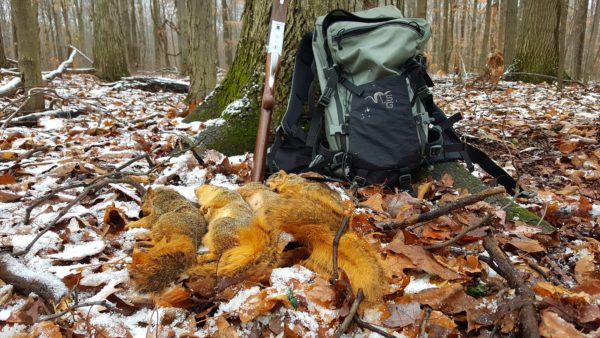
At MeatEater, one of the most common questions that pops up in our inbox is some version of, “I’ve never hunted before, but I really want to get started. What do I need to do?”
With hunter numbers on the decline nationally, it’s exciting to see so many new folks are interested in joining the hunting community, but it’s also a big, multi-tiered topic. So, in the interest of making things easier for prospective hunters who aren’t sure how to go about getting started, we’ll be offering some beginner hunting tips in our ongoing Ask MeatEater column.
Hunter’s Safety Education
The first thing any new hunter is going to need to do is take a hunter safety education course. Without this certification, it’s illegal to hunt in just about every state. And, even if it’s legal to hunt without being hunter safety certified (some states allow new hunters to hunt with a mentor before certification), it’s still a good idea to take the course.
Being a safe hunter is the number one priority for all of us. You’ll learn basic firearms and archery safety, along with rules for staying safe out in the woods. The class also includes everything from the learning the most common hunting regulations, to animal identification, to target practice.
In the past, completing a hunter education course meant committing to at least a full day and sometimes more in a classroom setting. These days, scheduling is much easier. A large portion of the hunter’s education course can be completed online at any time, but some time in the classroom is still required.
Mentor Programs
Not all new hunters have family members or friends who hunt, and not having someone to learn from is one of the most common problems new hunters face. It’s one thing to complete your hunter education course, but actually learning how to hunt can be an intimidating process for someone without any previous hunting experience. How to find hunting mentors may be the most common question we’re asked at MeatEater.
The good news is that even if you’re unable to go to friends of family for advice, there’s other options out there. A few of the best mentorship programs are Colorado’s Hunter Outreach Program or Minnesota’s Learn to Hunt. Most fish and game agencies offer similar programs and a quick search online will open up some great opportunities for new hunters to do everything from taking part in a mentored elk hunt, to learning how to call turkeys. Other programs offer time to sight in your rifle at the shooting range with certified instructors, or seminars on how to properly field dress animals. If you attend one of these programs, it’s likely you’ll find a new hunting buddy who is willing to team up for future hunts.
Other Resources
Besides state managed mentorship programs, there are many resources new hunters can use to gain some knowledge and experience. Fish and game agencies publish tons of detailed and valuable information when it comes time to plan an actual hunt. For example, Montana’s Hunt Planner page provides species-specific information, including maps to get you pointed in the right direction. Taking the time to call a state wildlife biologist has paid off time and again for the MeatEater crew when we’re headed to a hunt a new area.
Joining a hunter or angler-based conservation group is great way to meet like-minded individuals, as well. Local chapter meetings are a great place to swap hunting stories and find new hunting partners. And local sportsmen’s club are also a great place to meet hunting mentors with a connection to your community. By supporting these clubs and volunteering a little of your time, you’ll hook up with experienced hunters who are dialed in to important local intel, like which farmers allow access or what food sources the deer are hitting. Volunteering for cleanup days at the local shooting range can lead to similar information.
Finally, reading is almost a forgotten resource these days, but books can explain everything in a more detailed manner than a couple pointers from your old timer uncle. And for new hunters, there is no better reading material than Steven Rinella’s Guide to Hunting, Butchering, and Cooking Wild Game Volume 1: Big Game and Volume 2: Small Game and Fowl.
Think Small
Many new hunters start out with dreams of tagging a big buck or fat doe on their first hunt. There’s nothing wrong with this, but it’s usually much easier and helpful to get started with small game. Small game species like squirrels and rabbits are available just about everywhere, and they’re generally easier to hunt than big game animals. A successful small game hunt goes a long ways towards building confidence for your first big game hunt.
In many cases, you’ll have the woods to yourself during small game seasons. These days, there’s simply not as many hunters chasing rabbits and squirrels as there are deer. You also don’t need to travel a long ways or have access to a huge chunk of land to hunt these species. Local farms are often loaded with rabbits and squirrels, and even small state game lands are a great place to find good hunting.
When it comes to buying gear for small game hunting, it’s a much less expensive endeavor than gearing up for a deer or elk hunt. Beginners can get by with a basic pump-action 12 or 20 gauge shotgun or a scoped .22 rimfire rifle, which can often be found on used gun racks for a great price. Other than that, all you need is a decent pair of boots, some clothes you’d wear hiking, an old backpack, and a good knife.
When you find early success on a small game hunt, you’ll be able to learn the field to table process of cleaning, butchering, and cooking wild game. The satisfaction of preparing a fine meal made from a few squirrels or rabbits is about the best motivation a new hunter can have to move on to big game.






